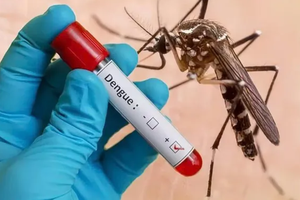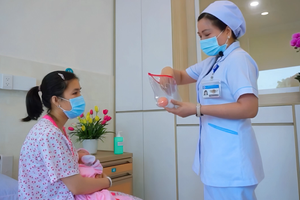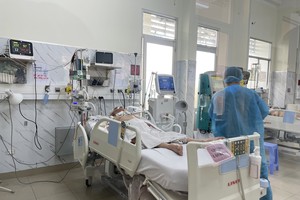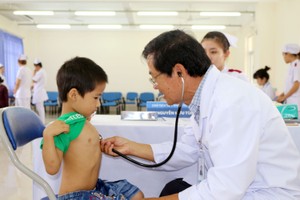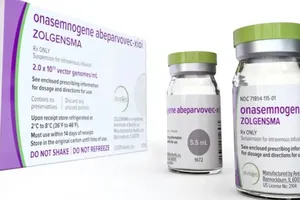The Department of Food Safety and Hygiene, under the Ministry of Health, has decided to set limits on the contents of DEHP in foods, after the withdrawal of food products from the market contaminated with the toxic DEHP substance.
Subsequently, the DEHP (diethylhexylphthalate) limit has been set at 1.5 mg per kg for solid and liquid foods, not including bottled drinking water, by the department on July 1.
Earlier, after the scare of the toxic DEHP chemical in Taiwan, Vietnam had banned the use of the toxic substance (only the industry used DEHP as an additive for formulating and processing products and it was never used in food production).
The Ministry of Health said the limit is based on references by countries across the globe and scientific evidence by the World Health Organization.
Amongst the many products removed by the Ho Chi Minh City health authorities are the red apple, grapes and litchi syrups imported by the Ho Chi Minh City based Gia Thinh Phat Co and Taiwan’s Ye Yen Ge Co ; Marshies vanilla, strawberry and chocolate candies imported from the Philippines by Hamico Company; lemon, mango and litchi juice, imported by Nhat Phu Quy Co in District 3 from Possmei International Company; 16 strawberry, kiwi, green apple, grape, litchi, melon, cassaba melon, passion fruit, peach, orange, plum, mango, pineapple, red apple, pomegranate and strawberry syrups imported by a Binh Thanh District company and taro-flavored jellies made by New Choice Foods Company in Binh Duong.
Hanoi also recalled 12 contaminated juices, namely, lemon, guava, peach, orange, fiber orange, carrot, mango, passion fruit, mixed fruits, kumquat, custard-apple and apricot produced by YNG Shin Food Co in Bich Hoa Industrial Quarter.
Exposure to the DEHP chemical above permitted limits could cause sexual hormone imbalances in both boys and girls.




